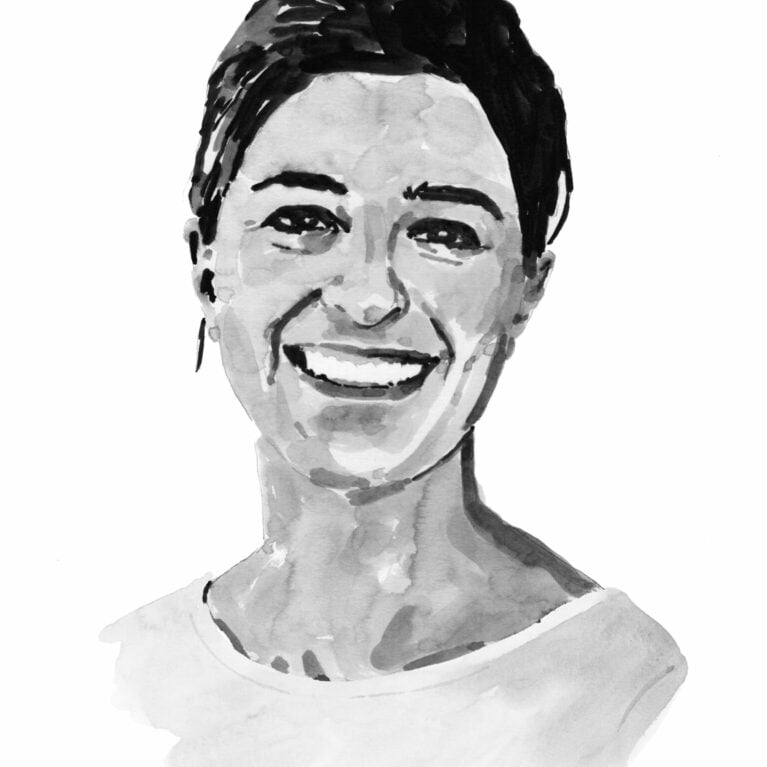Team

Henriette Grimmel
Growing up in Germany and Switzerland, where competitive swimming and rowing meant that she spent a lot of time in and on water, Henriette has always had a strong connection to this element. Hiking and camping holidays with her family led to an enduring interest in animals and nature. She first dipped into marine biology while studying in the USA during a high-school exchange year, learning about marine species and snorkelling for the first time in Hawaii.
At university Henriette studied geography and environmental sciences and it took a few more years before she discovered an interest in diving in Lake Zurich and a fascination for sharks. She followed these up with saltwater experiences while volunteering in Mozambique, where she assisted in whale shark research and fish censuses. After further travels and a dive-master internship in Honduras, she went on to complete an Erasmus Mundus Master’s in marine biodiversity and conservation, conducting her field study at the Bimini Biological Field Station in The Bahamas. She gained further experience in marine research while working with the Large Marine Vertebrates Research Institute (LAMAVE) in the Philippines, where she helped to monitor a mobulid fishery and assisted in shark research in Tubbataha Reefs Natural Park.
Although it was diving and sharks that got Henriette into marine science, she has always been interested in the complexities of ocean management and how humans interact with the marine world, so she completed a second Erasmus Mundus Master’s, this time in maritime spatial planning from the universities of Seville, the Azores and Iuav Venice. Sharks and conservation remain close to her heart, but Henriette also has a very strong interest in understanding ocean processes, ecosystem services and how humans use them, and finding a pathway to governing that use in a sustainable manner.
